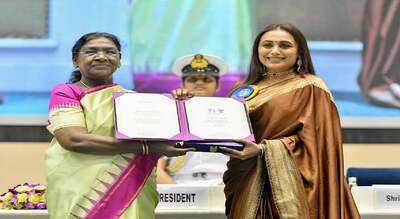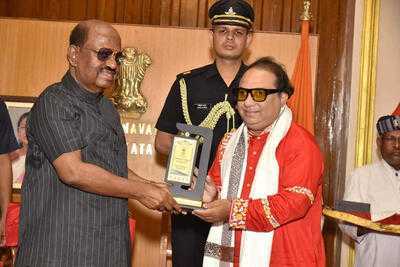Non-communicable diseases (NCDs) such as diabetes and obesity are no longer distant concerns—they are urgent health challenges impacting millions of Indians. Unlike infectious illnesses that spread rapidly but are often treatable with vaccines and medicines, NCDs develop gradually and silently, eventually leading to complications affecting the heart, kidneys, eyes, and overall well-being.
India as the Diabetes Capital of the WorldIndia has unfortunately emerged as one of the global hotspots of this crisis. Branded the “diabetes capital of the world,” the country is witnessing a sharp surge in cases across all age brackets. What makes this trend more alarming is the shifting demographic: lifestyle-related diseases are increasingly being diagnosed in young professionals, teenagers, and even children, not just in older populations.
Prime Minister’s Warning on the Silent EpidemicThis reality was underscored by the Prime Minister in his Independence Day 2025 address, where he described obesity as a “silent epidemic” gripping urban India. His remarks served as a wake-up call, emphasizing that if families and communities fail to act now, the country could soon be grappling with an overwhelming health burden.
Before You Eat, Pop A Pistachio: Dr V Mohan On A Simple Habit To Beat Diabetes Root Causes Behind the RiseMultiple factors contribute to this rise. Sedentary work, long hours of commuting, irregular sleep, fast-food dependency, and chronic stress create the perfect breeding ground for metabolic disorders. While genetic predisposition plays a role, lifestyle choices ultimately determine whether these risks translate into full-blown disease.
Prevention Through Awareness and Early DetectionThe positive side is that both diabetes and obesity are preventable and manageable. Regular health screenings help in detecting conditions early, before they escalate. Equally important are gradual, sustainable lifestyle adjustments such as balanced eating, daily physical activity, stress management, and mindfulness. Community-based initiatives—awareness programs, health drives, and open dialogues with doctors—can empower individuals to take better control of their health.
India’s Health Crisis: One In Four Corporate Employees Pre-Diabetic, Diabetes Cases Rising Sharply, Says Report Hospitals Driving Preventive CareHealthcare providers have a crucial role in this fight. Beyond offering treatment, they must drive prevention and awareness. At White Lotus International Hospital, for instance, we recently hosted Navi Mumbai’s largest free Diabetes and Obesity Check (DOC) camp, attended by more than 250 residents. Participants received complimentary investigations worth ₹5,000—including Fibro Scan, Lipid Profile, HbA1c, Creatinine, and eye check-ups—along with consultations from specialists. The enthusiastic response clearly demonstrated that communities are eager to embrace preventive healthcare when opportunities are accessible and affordable.
A United Call for ActionThe road ahead demands a united approach. Families should prioritize healthy routines at home, organizations need to build supportive work environments, and policymakers must give NCD prevention higher priority in public health planning. Ultimately, individuals themselves must recognize that the choices they make daily directly influence their long-term health.
Beyond Treatment: Embracing Lifestyle ChangeIndia’s battle against diabetes and obesity cannot be won by medical treatment alone. The real solution lies in rethinking our lifestyles, embracing prevention, and taking proactive steps today to secure a healthier tomorrow.
(Dr. Vijay D’Silva is Medical Director, White Lotus International Hospital & Research Center, Navi Mumbai)
-
This honour means the world to me: Rani Mukerji on her first National Award win

-
Milan Fashion Week – From Serena Williams to Demi Moore: The A-List Celebrities Who Can't Get Enough of Gucci!

-
Pt Prodyut Mukherjee honoured with Governor's Award of Excellence

-
Politics in 'Veep' is full-on exaggeration: Here, we decode how

-
Zubeen Garg's ashes to be distributed via online portal
